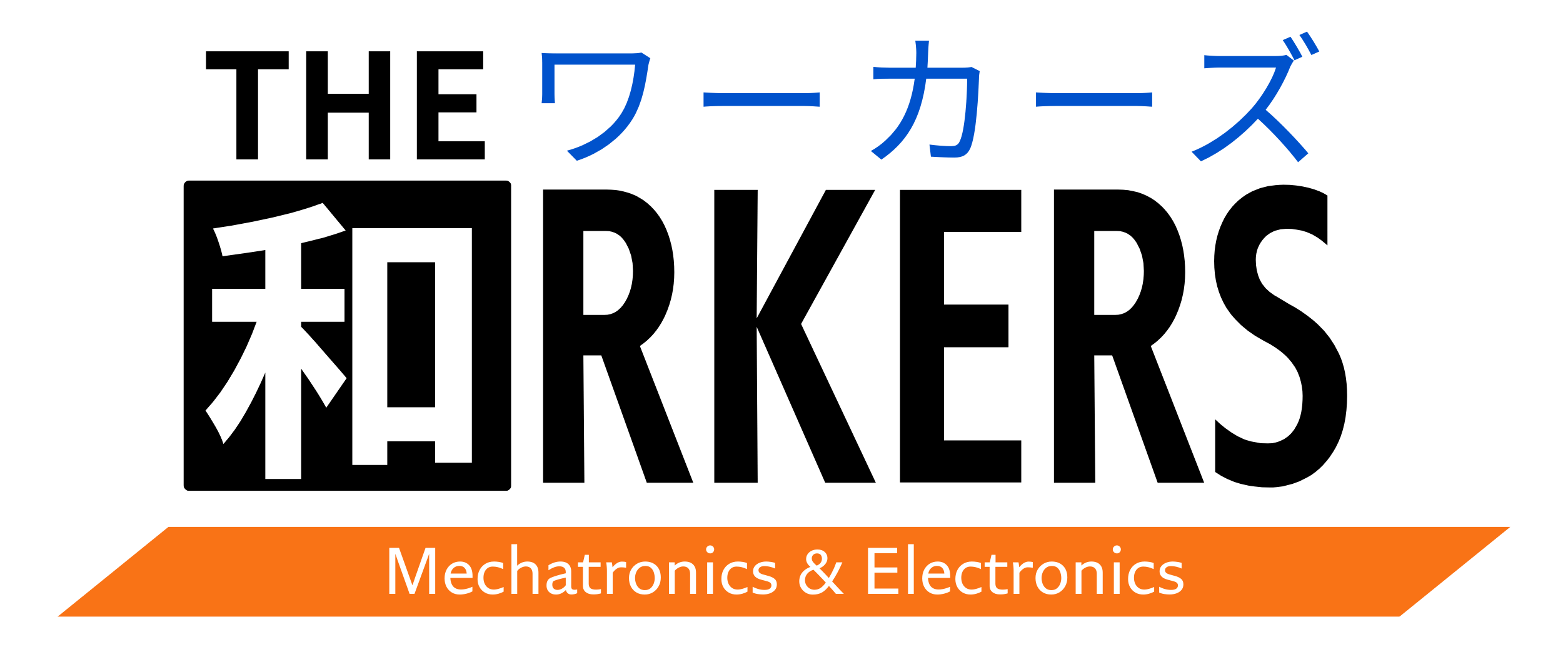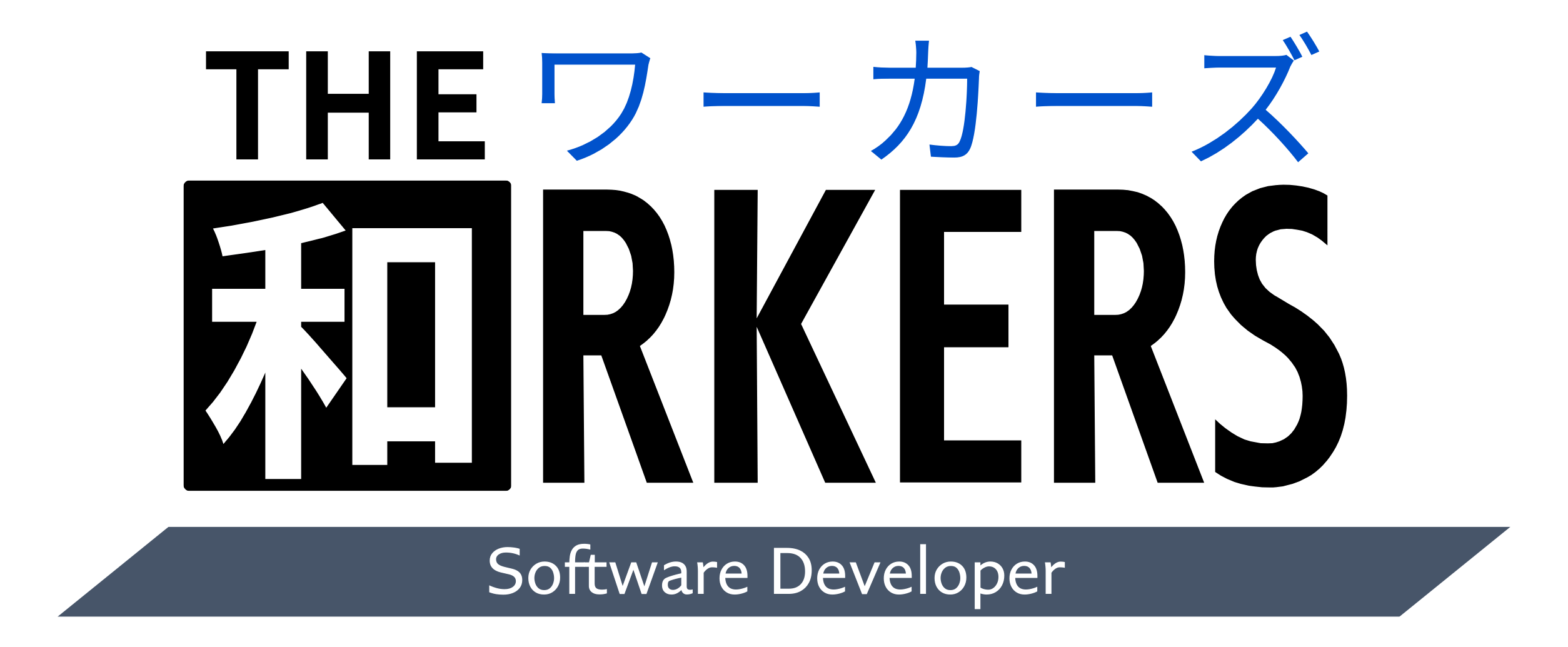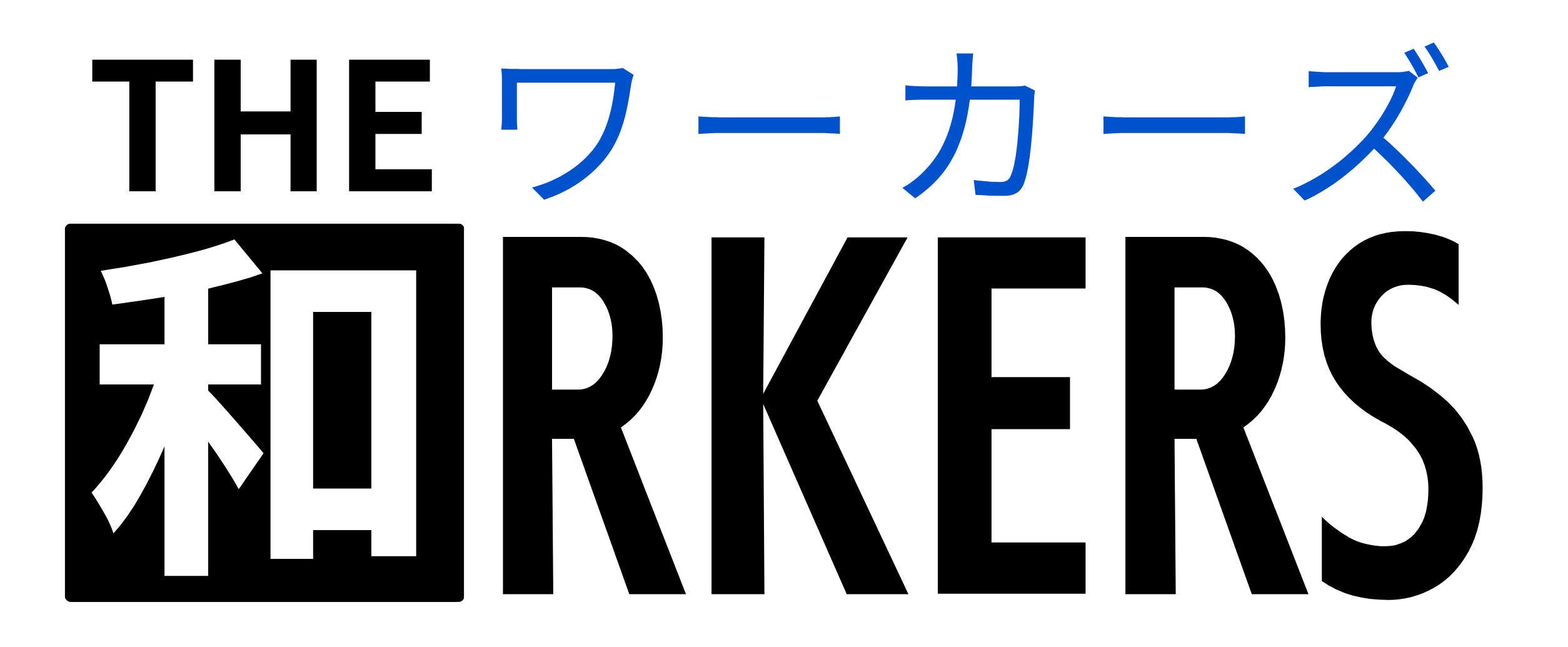A Vietnamese Woman Shares Her Experience as an SAP Consultant in Japan
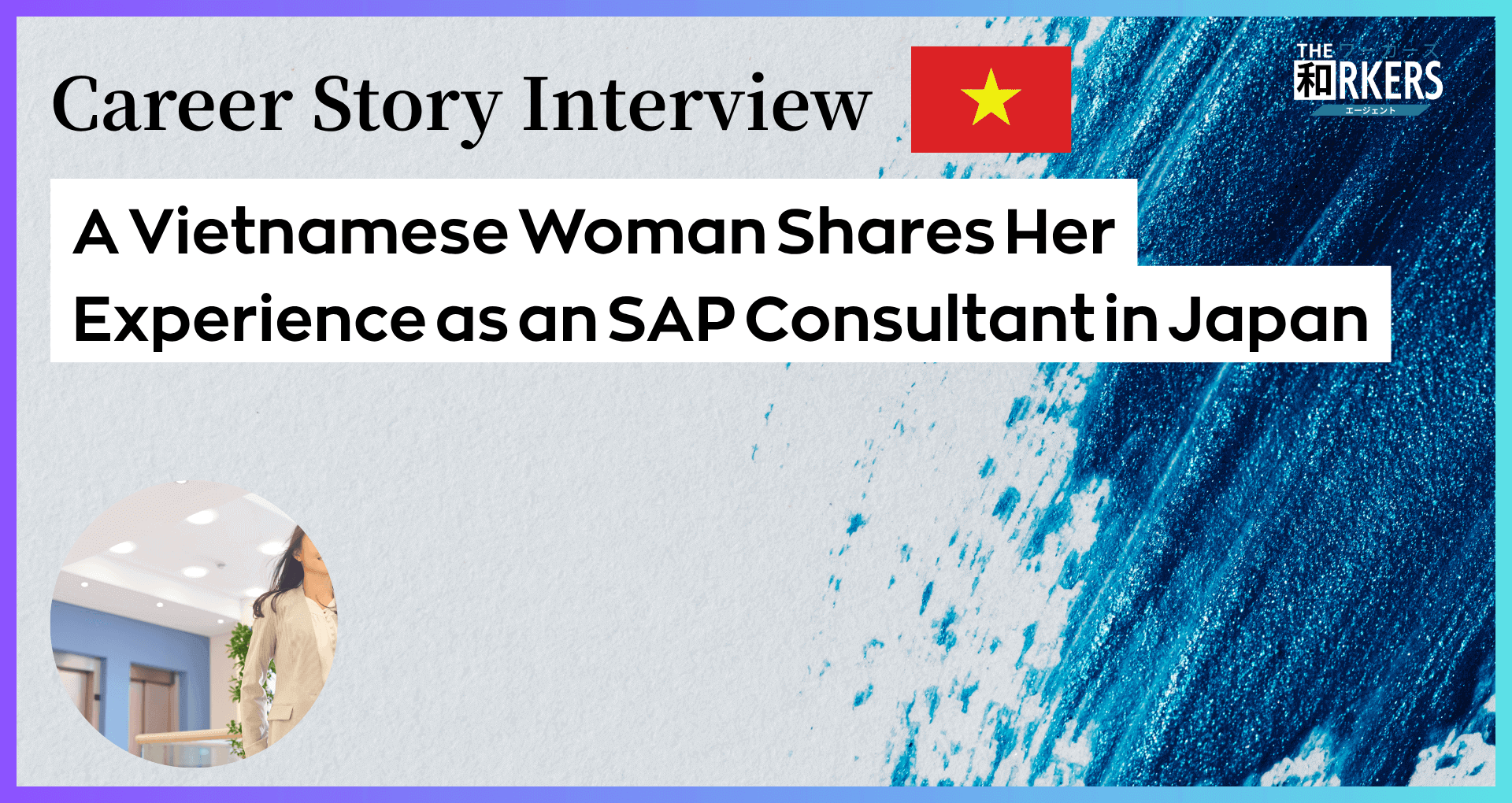
Her journey began in high school with a fascination for Yosakoi dancing, which sparked a deeper interest in the Japanese language and culture. Eventually, she came to Japan as an international student. Despite having no IT background, she launched her consulting career at a Japanese company. We spoke with this Vietnam-born professional about her first SAP project, the challenges of communication, her experience leading a team, and her aspirations for the future. This article offers an honest look at what it means to work in Japan as a foreign national.
Learning Japanese Through Yosakoi: From Curiosity to Studying Abroad
– Could you briefly tell us about your background?
I’m originally from Vietnam and have been living in Japan for about eight years now. I first came to Japan in 2017 as an international student. After graduating from university here, I began working in Japan.
I started my career at an AI startup, then moved on to a recruitment company specializing in foreign talent, and later transitioned to an IT consulting firm. I’m currently working as an SAP consultant. In addition to development work, I’ve recently started to get involved in client-facing discussions, and I’m looking forward to fully developing my career as a consultant.
– What first sparked your interest in Japan?
To be honest, I don’t remember the exact moment, but I think it all began back in high school when I discovered Yosakoi (a style of traditional Japanese dance). I actually practiced it for about three years, and it was my first real exposure to the Japanese language and culture.
That experience made me want to learn more Japanese, so I studied the language for about a year and a half at a university in Vietnam. Later, I happened to come across a scholarship opportunity offered by a Japanese university. I applied, was fortunate enough to receive the support, and ended up leaving my university in Vietnam to enroll in a Japanese university instead.
Studying in Japan and Why I Chose to Start My Career Here
– What did you study at university in Japan?
At university, I studied a broad range of subjects including business, economics, entrepreneurship, and the SDGs. The curriculum wasn’t focused on a single specialty—it was more of an interdisciplinary program that combined various themes. All of the classes were conducted in English.
On the other hand, I didn’t study anything related to IT. At the time, I had no knowledge of the field, and I honestly never imagined I would end up working in tech. It felt completely unrelated to what I had been learning, so I didn’t even consider it as an option.
– What made you decide to start your career in Japan after graduation?
There were two main reasons I chose to work in Japan.
First, I was drawn to the environment here, where hard work can lead to real career growth. I also feel that the logical and structured approach to work in Japanese culture suits me well. I’m a logical thinker by nature, so I felt that this kind of setting would be a good fit for me professionally.
Second, after spending four years at a Japanese university, I had already built up some experience and personal connections here. If I had gone back to my home country, I would have had to start all over again from scratch. Considering that, continuing my career in Japan just felt like the more natural path forward.
From Internships to a Career Shift: Transitioning from Marketing to IT
– How did you approach your job search?
I primarily used LinkedIn. I felt it would be easier to start off with an internship, so during my second and third years of university, I interned at an AI startup. My role there focused on marketing.
I used both English and Japanese during the internship, but since my Japanese wasn’t very strong at the time, I often felt uncertain. That said, my teammates were incredibly kind and supportive, and we were able to work well together regardless of the language barrier. It was a great experience.
– How did you find the company you eventually joined full time?
That opportunity also came through LinkedIn. I applied for another internship—this time at a recruitment company, where I worked in marketing-related roles. However, after about six months, I began to feel that the work didn’t really suit me.
At the AI startup, my tasks had mainly involved raising brand awareness through social media marketing. But in this second company, the environment was much more KPI-driven. I was constantly measured by numerical targets like the number of messages sent or candidate referrals made. Over time, I realized that this kind of work style didn’t feel like the right fit for me.
– How did you make the move to your second company (in IT consulting)?
I decided to take a “Business Analyst” course out of personal interest. I had started becoming curious about IT and wanted to see if it might suit me. I found the course on Facebook—it was run by a former consultant who offered it independently.
Right after completing the course, I came across a job opening at an IT consulting firm and decided to apply. Before starting the actual on-the-job training (OJT), the company provided a three-month paid training program. It was a well-structured curriculum, where I got to learn the basics of business modules and more. The support system was solid and very encouraging.
Starting from Scratch: Growing as an SAP Consultant
– What challenges have you faced working as an SAP consultant?
There’s just so much to learn—it’s one of the biggest things I’ve realized. Some of my managers have 10 to 15 years, or even more, of experience, and even they are still learning every day. That really drives home the fact that there’s no “end” to this job.
Every day brings new tasks and unknowns, which can be tough, but even more than that, I find it exciting. I wouldn’t describe it as exhausting—it’s more that I’m genuinely curious and want to learn more.
Of course, there are days when I feel overwhelmed and can’t get everything done, and yes, sometimes I have to work overtime. But I’ve accepted that as part of the path I chose. I see it all as part of my growth process, and I try to approach it positively.
– Is there a project that stands out in your memory?
Definitely the very first SAP project I joined. I was completely new to SAP, but I was given responsibility for leading one of the modules. It was a huge challenge because I started with almost no knowledge or experience.
The project was for a manufacturing client, and all of my team members were Japanese. Even on the client side, not everyone was deeply familiar with SAP, so we had to figure things out together, solving issues one by one as they arose.
Our team had to handle about 50 functions between just two people. It was incredibly demanding, but the experience I gained was equally valuable. I learned a lot in a short amount of time, and my growth was steep.
– What kind of role did you play on that project?
The development team was divided into two parts: one for cloud and one for backend. I was on the backend team, which started with just two members.
I didn’t join the project as a leader, but over time, I naturally took on that role. Eventually, our team grew to anywhere between two to six members depending on the phase, and I was in charge of leading them.
My responsibilities included tracking the team’s progress, helping resolve issues for members, reporting to the client, and more. In addition to my own development work, I was also entrusted with helping to drive the team forward. It was a major learning experience for me.
– What are your goals going forward?
SAP has around 15 major modules, and so far I’ve been mainly involved in two: MM (Materials Management) and EWM (Extended Warehouse Management). I’ve gained a good understanding of the business processes, but I still feel I’m lacking hands-on experience in system configuration.
In the future, I’d like to take on more “business-oriented” roles—for example, gathering business requirements from clients and helping translate those into SAP system designs. I haven’t had a chance to be involved in those upstream phases yet, but I hope to gain experience there and expand my capabilities as a consultant.
A Message to Foreign Professionals Aspiring to Work in Japan
– How did your Japanese improve over time?
In the beginning, it was tough. Even when I could understand what someone was saying, I often struggled to respond quickly. That was probably the most difficult part for me.
But as I tried out different part-time jobs, I gradually improved my Japanese through real-life interactions.
The moment I felt my Japanese truly take off came from an unexpected source. I became a fan of a Japanese actor, and I started translating his interviews, videos, and magazine articles to share with other fans. Because I was passionate about it, I naturally engaged more with the language. That enthusiasm helped me improve not just my speaking, but also my writing skills.
– Finally, do you have a message for other foreign nationals who want to build a career in Japan?
If you’re serious about finding a job in Japan, I think it’s important to clearly understand what skills are required in the environment you want to work in—and to put in the effort to meet those expectations. The level of Japanese required really depends on the job and the workplace. Perfect Japanese isn’t always necessary.
In fact, I have friends who aren’t very fluent in Japanese but have still found jobs that match their strengths and are doing really well. One of them is especially good at networking—she attends various events and actively builds connections with different companies.
Putting yourself out there and saying, “I’m looking for a job” is also an important step.
\Software Engineers, IT Consultants, Data Scientists…/
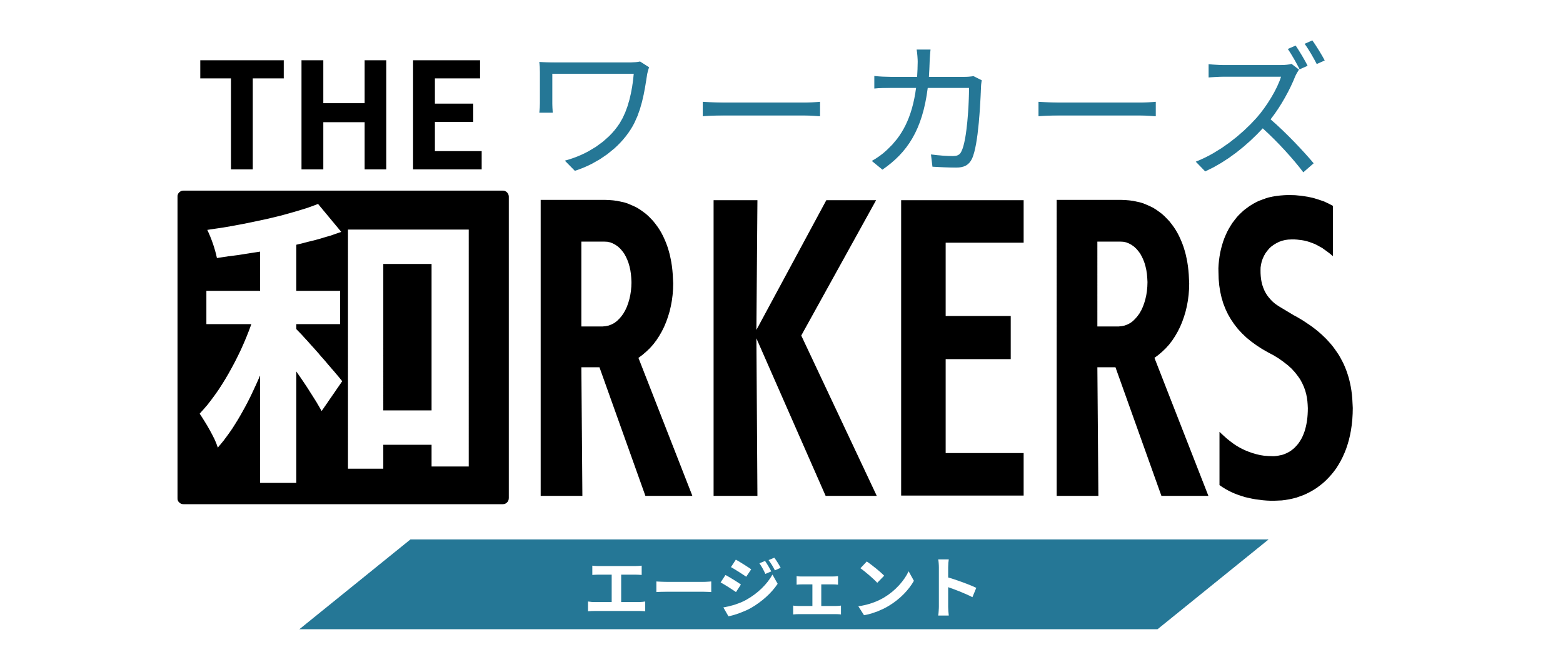
Non-Japanese and aiming for a top-tier job in Japan?
Get in touch with THE 和RKERS Agent today.



Software Engineers,
IT Consultants,
Data Scientists…

Non-Japanese and aiming for a top-tier job in Japan?
Get in touch with THE 和RKERS Agent today.
